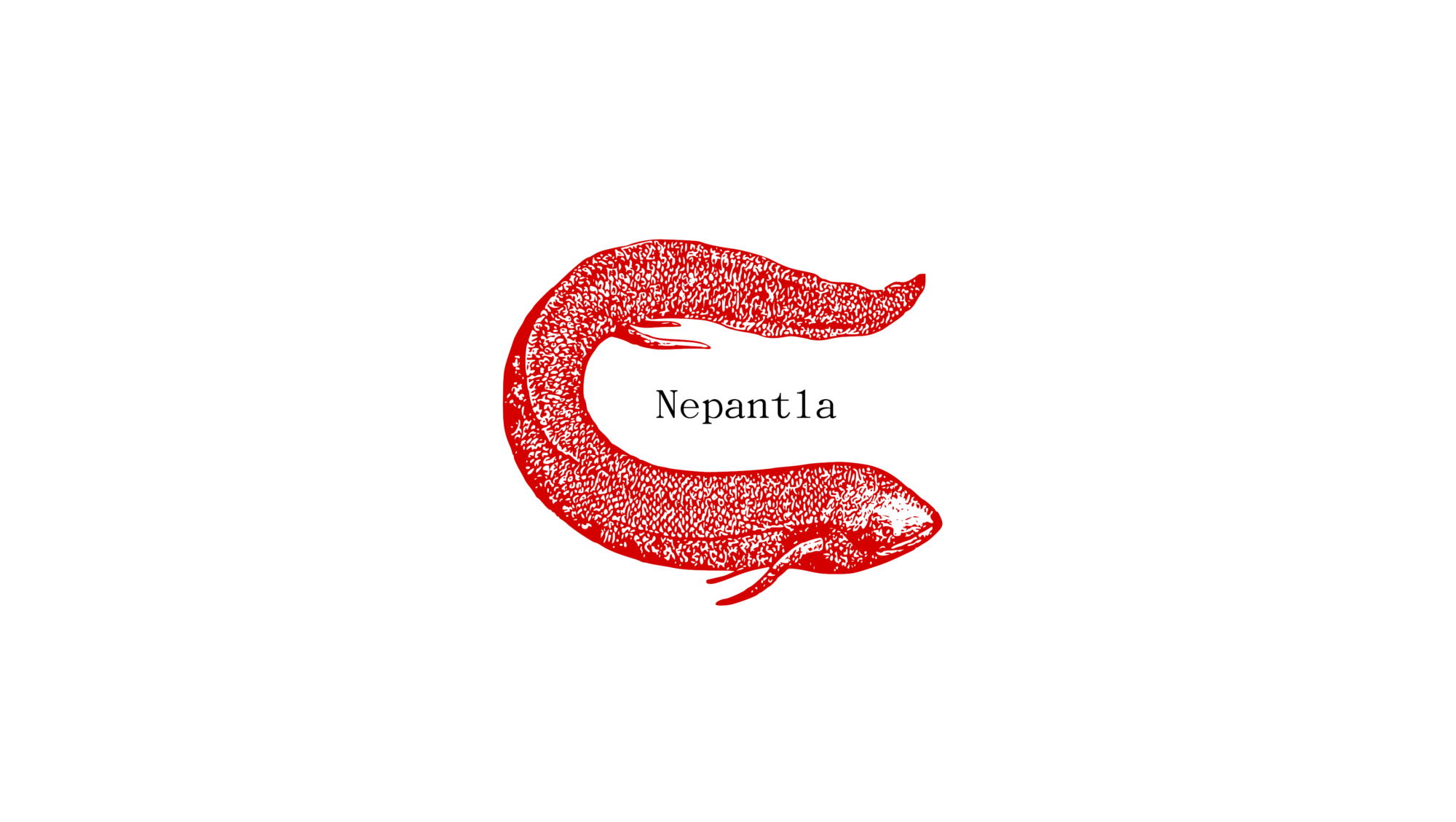The Exterminating Angel (1962), one of Buñuel’s masterpieces, has turned particularly suggestive during the self-quarantine. In the movie, as everyone knows, a group of distinguished members of the bourgeoisie are invited to a dinner. After the feast they go to the music room next door to relax, but some hours later, as they realize that it is time to go back home, they notice that they are trapped there. It’s not that the door is closed, they just can not exit the room. This premise is simple but offers a deep metaphor of the bourgeoisie and its social dependence: while all the servants end up leaving the mansion after finishing their duties, the patrones start entering panic mode, being unable to satisfy their basic needs inside the room.

Buñuel’s film was seen always as a social parable, but now we can discover some pandemic insinuations in it. The self-quarantine is necessary to delay the collapse of the health system. However, I wonder if we are not in a ‘exterminating-angel-situation’ here. On the one side, citizens have adopted self-quarantine as a form of social responsibility to protect more vulnerable people. On the other side, we usually identify seclusion as a form of social control, and in this case, biopower. This voluntary seclusion as a form of social responsibility is paradoxical. I saw some meme about staying at home as a form of saving the world. We are happy to be helpful in a very lazy way. We also don’t want to get sick. In any case, at the end, or in the bottom of our heart, although we have many reasons to stay home, we don’t know why we are unable to go out.
Of course the voluntary quarantine is not totally voluntary. In some countries police officers are patrolling the streets. Like in Buñuel’s movie we do not want to go out, because we are afraid of going out. Desire: the bourgeois structure of desire is fear, fear of losing privilege and status. At this point the pandemic is a global fear. What the owners fear is to lose what they have. The object of their desire is positive and therefore it has the form of fear. Workers also are afraid, but their fear is not structuring their desire. The desire of the worker is repressed by the positive desire of owners. Their desire is thus negative.
What is our desire? We don’t want to go outside. We don’t want to stay inside. Our society is not completely Marx’s society. We are consumers. Like the bourgeoisie, we are afraid. Like the workers, we fill our negativity with the goods that we produced. In the age of quarantine, we are glad to isolate from everything, without knowing where to run.
As Butler recently pointed out:
“The virus alone does not discriminate, but we humans surely do, formed and animated as we are by the interlocking powers of nationalism, racism, xenophobia, and capitalism. It seems likely that we will come to see in the next year a painful scenario in which some human creatures assert their rights to live at the expense of others, re-inscribing the spurious distinction between grievable and ungrievable lives, that is, those who should be protected against death at all costs and those whose lives are considered not worth safeguarding against illness and death.”
I focused here on the quarantine, but this is the less deadly aspect of what we are living. We are just at the beginning of a terrible scenario. A virology of fear should warn us to stay on guard.

